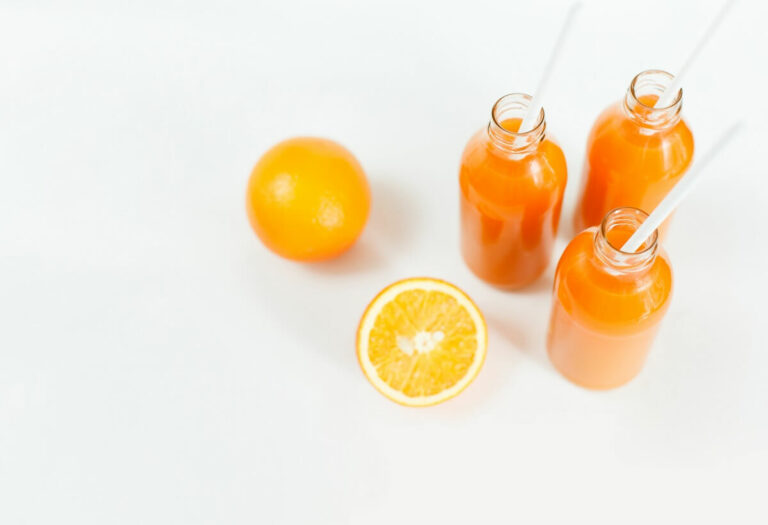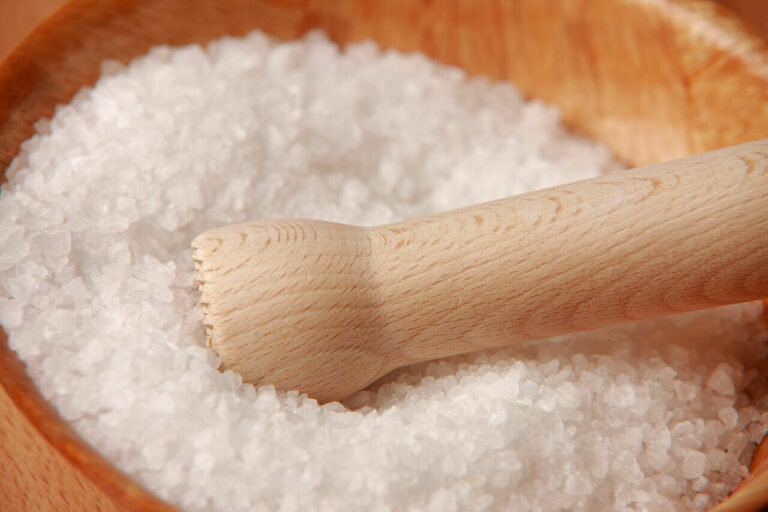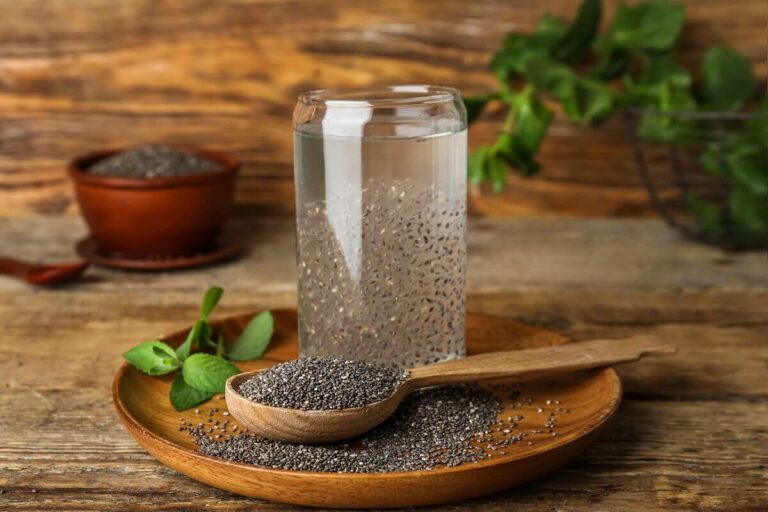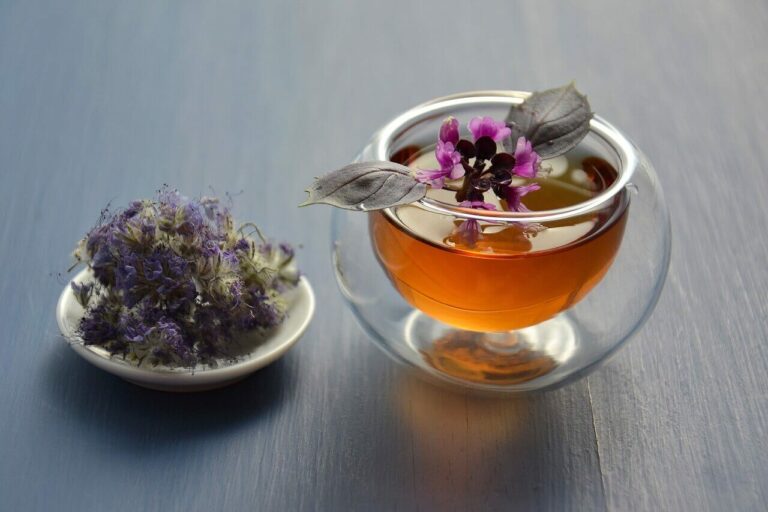The 12 Best Kidney Cleansing Herbs to Detoxify Your Kidneys
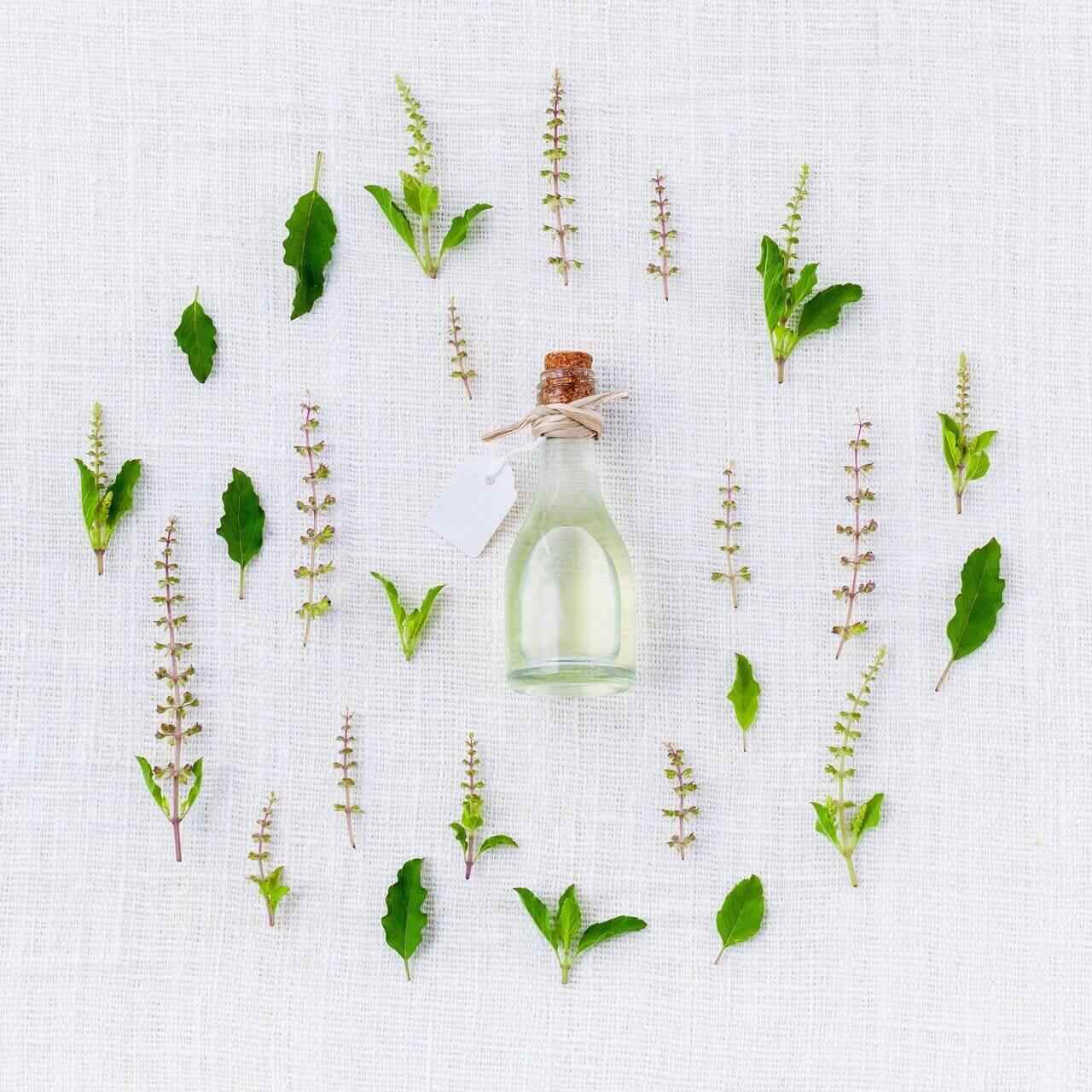
Our Kidneys are located in the lower back, These bean-shaped organs might be easy to overlook, but their role in our body is super important.
They help control our blood pressure, clean our blood from toxins, stimulate the production of red blood cells, and keep our body’s acid-base balance in check.
Our kidneys are our body’s toxic waste clean-up crew, maintaining our health from behind the scenes.
Can you clean the kidney itself with the help of certain herbs for a kidney? Keep reading to find out.
Contents
What is Kidney Cleansing?
Kidney purification can be seen as a deliberate act of love towards your kidneys, aimed at fostering their well-being by eradicating potentially harmful elements from our bodies.
This process, also known as a natural kidney cleanse, leans on the power of certain foods, beverages, supplements, and herbs, believed to be boosters of normal kidney function.
Let’s not forget that kidneys are wonderfully designed to be natural self-cleaners, relentlessly banishing toxins, water, and waste from the body as part of their routine task.
Nevertheless, there might be scenarios where an extra dose of natural kidney detoxification could be beneficial, particularly for those facing risks associated with kidney stones or kidney dysfunction.
However, keep in mind it’s vital to discuss any kidney detox plans with your physician or a nephrologist first because some of these herbs could potentially hinder the medications that you are taking. So to be safe, it’s best to have an expert consultation before trying anything new.
Examining The Best Kidney Cleansing Herbs: The Intricacies and Unknowns
There’s a vast world of herbs, many of which have been connected to various health benefits, including kidney cleansing. Let’s take a more detailed, in-depth look at these best kidney-cleansing herbs:
1. Stinging Nettle
Don’t be fooled by the sharp, intimidating stingers of the stinging nettle. This plant has been in the medicinal sphere for ages, revered for its health benefits.
Its anti-inflammatory prowess could potentially soothe kidney inflammation and resist bacterial invasions, a boon for warding against things like a urinary tract infection.
However, note that we’re still exploring the full impact of stinging nettle on kidney health. The bulk of research conducted so far involves rodent subjects.
Consequently, our understanding of its exact effects on human kidneys is not fully unraveled. Furthermore, it might not play well with certain medications.
While the high potassium content of stinging nettle is typically beneficial, it might not be ideal for everyone, especially those grappling with specific health problems.
2. Marshmallow Root
Despite its name, marshmallow root has no relation to the sugary confection we toast over bonfires.
Nevertheless, this herb may flaunt anti-inflammatory attributes that could help alleviate inflammation. Yet, research indicates that this root could negatively impact kidney function in mice.
Packed with vitamin A, potassium, and sodium, marshmallow root may not be fit for individuals battling certain health conditions.
Although generally safe, possible side effects might include stomach discomfort and a sense of dizziness.
3. Milk Thistle
The often underappreciated herb milk thistle, easily recognized by its bright purple flowers, is a stalwart in traditional medicine.
It’s believed to contain a potent compound known as silymarin, which exhibits promising antioxidant and anti-inflammatory effects.
Early research also hinted at its protective abilities against kidney damage, particularly those linked to diabetic nephropathy.
That said, the safety profile of milk thistle is generally favorable, with most users experiencing only mild digestive discomfort, if any, side effects at all.
Recommended: How to Perform a Milk Thistle Liver Detox: Step-By-Step Guide
4. Dandelion Root
Dandelion root is a classic element in various ancient healing customs and often earns its stripes in routines geared towards purifying the kidneys. It assists in maintaining stable blood sugar levels and reducing blood pressure, making it a cornucopia of health benefits.
The belief in dandelion root is that it can have a diuretic effect on the body, which can ramp up your urine output. This function may help prevent kidney stone formation by flushing surplus minerals and waste out of the urinary system.
However, it’s worth mentioning that the supporting evidence for this is somewhat limited. A small-scale study involving just 17 people found an increased urine volume within 5 hours of taking the dandelion extract.
Also worth noting is that dandelion root is pretty high in potassium; therefore, people suffering from kidney disease must be cautious.
With this herb, you may experience side effects such as skin itchiness, heartburn, stomach issues, and diarrhea. It is a potent herb but is best used in moderation and after speaking to a professional if you have kidney problems.
5. Juniper
This plant is typically known for its berries, which are responsible for the scent of your gin.
But Juniper also has a reputation for promoting health due to its diuretic properties and high water content. It can potentially aid in urinary tract infections and prevent kidney stones.
Additionally, the plant hosts antibacterial components that could improve kidney function.
Still, it’s crucial to remember that juniper can upset the stomach and irritate the kidneys, and pregnant and breastfeeding women should avoid it because of the potential risks.
5. Sambong
Hailing from tropical countries such as the Philippines, Sambong is a plant with several potential health benefits.
Notably, it might have the ability to reduce the size of kidney stones and decrease blood pressure – making it a potential ally for those battling hypertension.
But Sambong remains shrouded in mystery, as its specific influences on kidneys are yet to be fully grasped.
Allergic reactions, such as skin rashes and itchiness, might occur in some people when using sambong.
6. Turmeric
Turmeric is a herb that decorates Indian cuisine with a striking golden tint and garners attention for its potential health-promoting properties.
Curcumin, a compound revered for its robust anti-inflammatory and antioxidant characteristics, makes turmeric a possible benefactor for chronic kidney disease.
It’s believed that turmeric could play a role in alleviating inflammation and oxidative stress. However, further research is required to validate these benefits.
Additionally, the potential effects of turmeric on kidney stones and its blood-thinning properties call for cautious use and, ideally, professional medical consultation.
7. Hydrangea
The Hydrangea plant, typically linked to the aesthetic charm of gardens rather than health-boosting attributes, has surprisingly exhibited potential in promoting kidney health.
Experiments on animals hint at Hydrangea’s ability to alleviate kidney damage, offering anti-inflammatory relief to kidney cells adversely affected by chemotherapy.
Still, we must tread lightly and note that what proves effective in animal studies doesn’t necessarily translate to success in human applications.
Until comprehensive tests are carried out on humans to determine the impacts of Hydrangea on our kidney health, we can’t claim with total assurance its potential benefits.
This beautiful plant’s known side effects include dizziness, chest constriction, and gastrointestinal disturbances.
8. Ginger
Ginger, a familiar aromatic root, isn’t just for adding flavor to your favorite dishes.
It’s celebrated for its potent anti-inflammatory and antioxidant properties, and some studies suggest a protective effect against kidney damage.
Yet, this herb is not without its caveats. Known side effects include heartburn and stomach upset, and individuals on blood-thinning medications or with specific health conditions should use them with caution.
9. Parsley
Beyond its familiar role as a fragrant garnish, parsley holds a lesser-known function as a traditional diuretic.
Its potential to increase urine output may help clean the urinary tract and prevent kidney stones.
However, science has yet to fully endorse parsley’s effects on kidney health, with the current evidence being largely anecdotal. Future research is required to unravel parsley’s potential benefits and drawbacks fully.
Recommended: How to Clean Your Kidneys Naturally With Parsley
10. Horsetail
Horsetail, a perennial plant with a rich historical presence in traditional medicine, is frequently employed as a diuretic for maintaining urinary tract health.
Despite its widespread use, the scientific evidence linking horsetail to kidney health remains limited and somewhat elusive.
Moreover, horsetail’s potential effects on blood sugar levels and its elevated potassium content call for careful supervision when it’s included in a health regimen.
11. Uva Ursi
Due to its purported antimicrobial properties, Uva Ursi, affectionately named bearberry, is a traditional remedy for urinary tract infections.
While it has been reported to impact minor urinary infections positively, research on its broader effects on kidney health remains scant.
Importantly, bearberry is not a herb to be taken lightly, with prolonged use associated with potentially severe adverse effects, including liver damage and respiratory issues.
12. Burdock Root
Lastly, we have burdock root, traditionally cherished in Chinese medicine. Its reputation as a diuretic positions it as a potential tool for purifying the kidneys and blood.
As with the others, though, burdock root’s relationship with kidney health requires further investigation.
Knowledge is limited, and more comprehensive studies are needed to confirm its benefits and establish potential side effects.
Allergic reactions to burdock root have been reported, indicating the need for professional medical supervision when using this herb.
Conclusion
In short, these herbs can be beneficial in playing a protective role for your kidneys. However, they are unlikely to provide any additional benefit of cleansing your kidneys because the body already has mechanisms to detox any toxic elements in the blood, such as the liver.
Going on a kidney cleanse using these herbs and avoiding certain foods may reduce the load on your kidneys until you are doing it.
But do not expect your kidneys to be healed of any particular disease by undergoing these cleanses, as medical intervention is always necessary.
If you are planning to get a kidney cleanse while suffering from kidney disease, it is of utmost importance that you speak with your doctor and avoid trying any home methods on your own.
FAQ
What is the fastest way to detox your kidneys?
The fastest way to detox your kidneys is to keep your meals nutritionally balanced and well-hydrated by sipping on water throughout the day. Make an effort to moderate your consumption of alcohol and coffee, and if you’re a smoker, now is a great time to quit. Stay active and keep your body moving with consistent physical workouts.
What is the best herb for kidney function?
Given the current state of scientific research, no herb can be definitively claimed as the best. However, dandelion root and stinging nettle are often recommended for their diuretic properties and potential to support kidney health.
How can I cleanse my kidneys fast naturally?
To cleanse your kidneys naturally, maintain a healthy diet of fruits, vegetables, and whole grains, hydrate properly with ample water intake, drink juices like cranberry juice, limit alcohol and caffeine, exercise regularly, and avoid smoking.

Rahul is a nutritionist and personal trainer with 3+ years of experience in the field of health coaching. He specializes in nutrition science, with a keen eye for how food choices, lifestyle habits, and physical activity impact our bodies.

